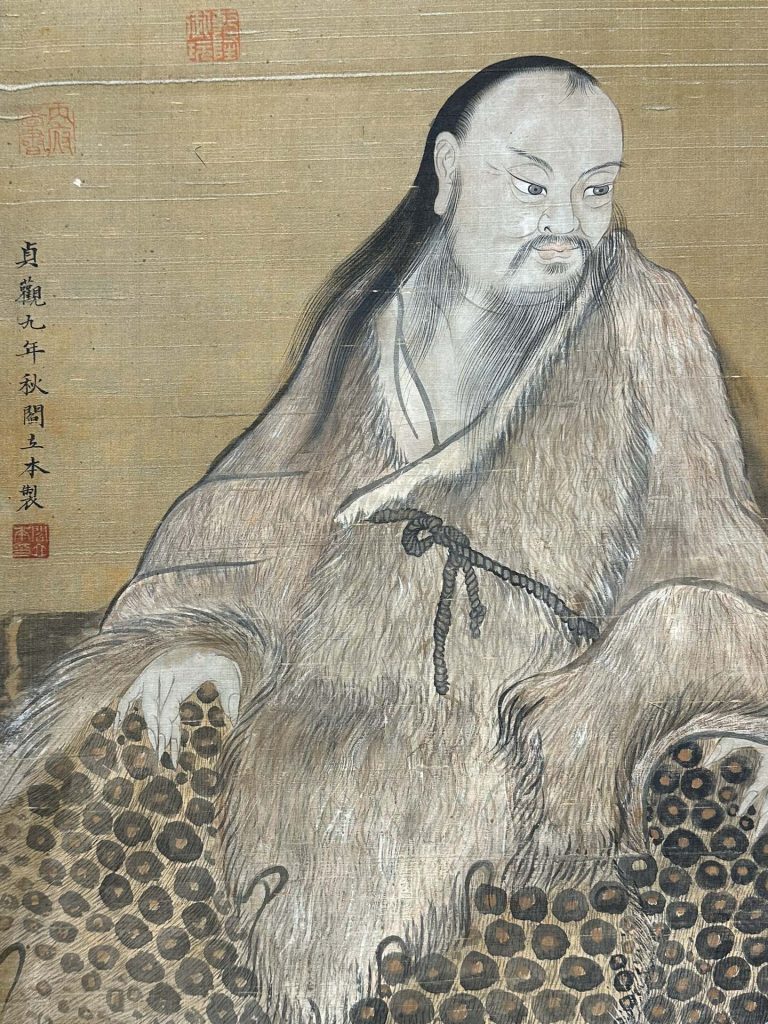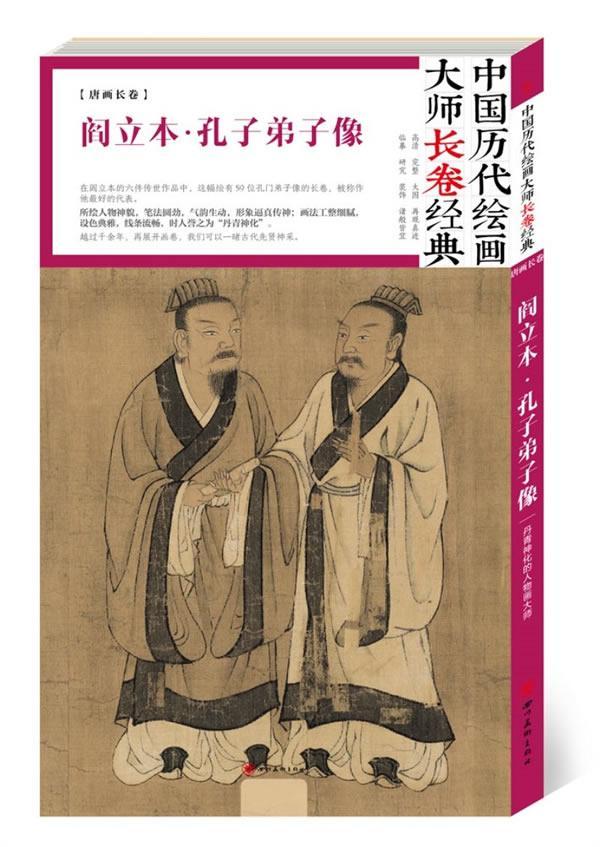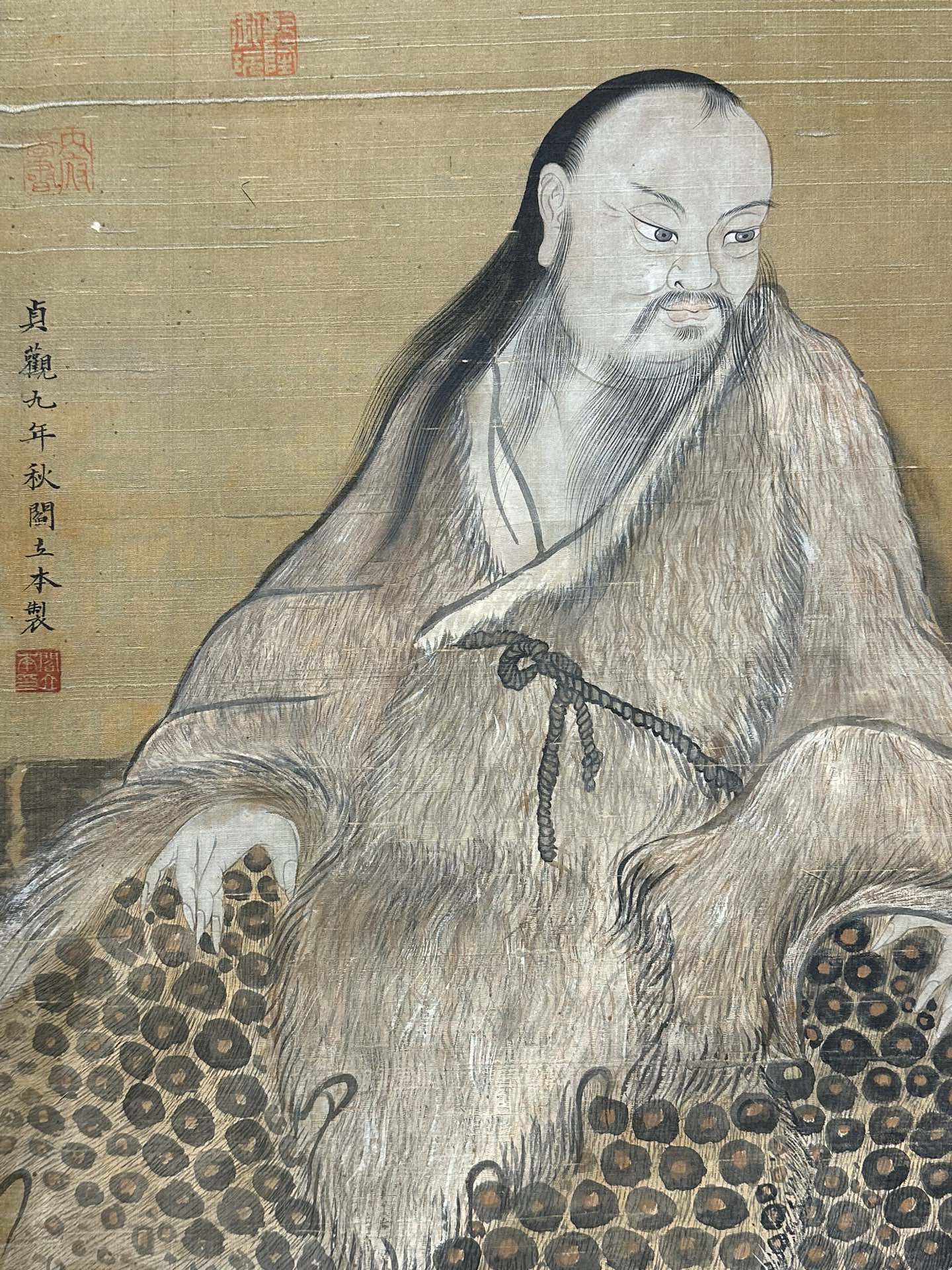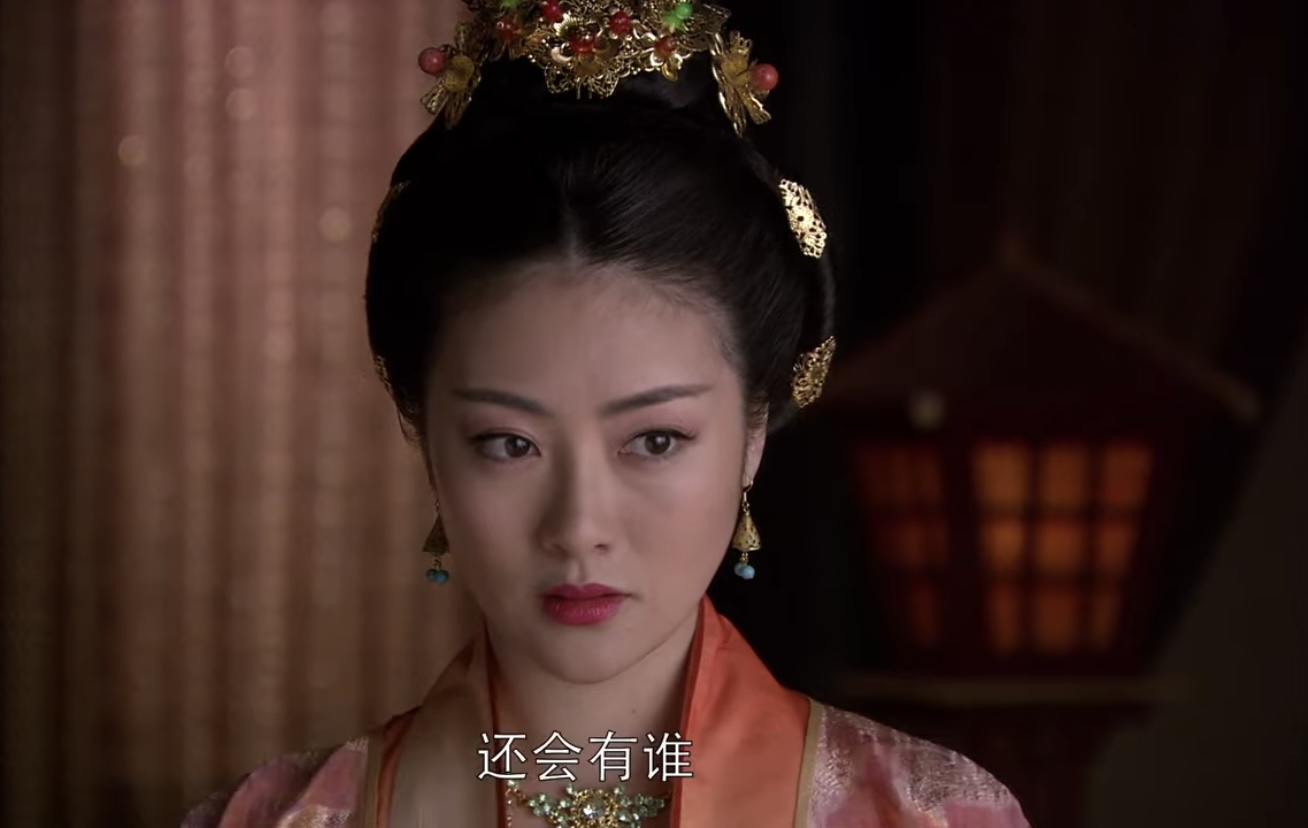Hello everyone, when it comes to the Huangchao Uprising, everyone must have heard of it.

Speaking of Huang Chao, he is different from those poor farmers because his family was very wealthy in selling private salt. Everyone knows that every dynasty values salt and iron very much, and anyone who can touch these two aspects is very powerful. Therefore, Huang Chao was born into a very wealthy and influential family.
According to historical records, Huang Chao was able to recite poetry at the age of five. In the second volume of Zhang Duanyi’s “Gui’er Collection” of the Song Dynasty, it is written: “At the age of five, Huang Chao’s attendant, Weng Fu, wrote a couplet about chrysanthemums and flowers. Before Weng could even think about it, Chao Xinkou replied, ‘It is enough to be the head of the poem with all the flowers, and naturally, it will be given a reddish yellow robe.’ Chao’s father had a strange desire to strike Chao, so Weng said, ‘Sun is capable of poetry, but the weight is unknown. We can ask him to compose another poem.’
Huang Chao wrote this poem, but he did not relax his demands on himself just because he loved literature. His archery and horsemanship were both excellent.

After reaching adulthood, Huang Chao, driven by his love for literature and passion for building the country, or perhaps to become an official, participated in several imperial examinations, including the Jinshi exam, but he failed all of them.
This result was a great blow to a young man who aspired to greatness, so he wrote the song “Ode to Chrysanthemums after the Second Day” and angrily returned to his hometown to inherit his ancestral business and become the leader of the Salt Gang.
The history of Huang Chao can be described as follows: Huang Chao, the successor of the Black Gang, worked hard to study and love his country. He took several national civil service exams and went to Chang’an to take them, just like how you take the Beijing civil service exam now. After failing the exam, he angrily wrote a limerick that was not conducive to national unity and returned home to succeed as the leader of the Black Gang.
Coincidentally, at this time, the Tang Dynasty was plagued by corruption and fragmentation of its administrative system, with various regional fiefdoms leading to sharp social conflicts. Such sharp social conflicts would result in social unrest, and then the private salt smugglers Wang Xianzhi and Shang Junchang in Puyang began to rebel.
At this time, Huang Chao had already become the big brother of the local salt gang, so he gladly joined in and began to wage war against the Tang Dynasty government that he had once longed for.
Since Huang Chao joined the rebel army, he quickly showed off his talents. Rogue people are not scary, but they are afraid of having culture. Mr. Huang Chao has extremely high cultural literacy. Although he did not mention his military literacy, he was able to propose a strategy of avoiding the real and using the virtual based on the strength comparison between the enemy and us, which is remarkable.
During this period, Huang Chao and Wang Xianzhi, the commander-in-chief of the rebel army, fought together across the country, winning great victories and facing resistance. At their peak, their army had more than 300000 soldiers.
For the rebel cause, this is a remarkable achievement, but surprisingly, a banquet became the trigger for two rebel leaders to part ways.
When the two arrived in Qizhou, the governor of Qizhou, Pei Wo, felt that they couldn’t fight, so he thought of negotiating and helping Wang Xianzhi apply for imperial honors. Wang Xianzhi and Huang Chao went to the banquet with Wo. Soon after, the government rewarded Wang Xianzhi, but Huang Chao had nothing to do with him.
However, don’t forget that Mr. Huang Chao has taken the national civil service examination, and it’s normal for him to be unhappy in the face of this situation. Therefore, Huang Chao publicly rebuked Wang Xianzhi for becoming a lackey of the court and even took action against her, which shows Huang Chao’s anger. In fact, Huang Chao wanted to pretend that he didn’t become one.
Wang Xianzhi, seeing the excitement of the crowd, expressed that she would not surrender to the court. If she surrendered, she would probably lose her life. However, the rift between the two could not be erased. Therefore, the two who had once united separated, which automatically weakened the strength of the rebel army.
Not long after, Wang Xianzhi died in battle. As a result, only Mr. Huang Chao remained as the leader of the rebel army. At this time, he had a thorough understanding of the rebellion and surrendered to the court when his strength was strong.
However, if history ends here, there will be no longer the Great Qi Dynasty. Huang Chao keenly noticed that the attitudes of various fiefdoms towards him seemed to be different, so he changed his mind again. We can understand this, after all, saving one’s life is important.
Huang Chao led the rebel army to travel north and south, approaching Lingnan, relocating to Jingzhe, attacking Luoyang, and occupying Chang’an, causing chaos throughout the world. Finally, he declared himself emperor and established the Great Qi Empire in Chang’an.
Huang Chao, who once aspired to become a civil servant, finally became a national leader. It is unclear whether his failure to pass the civil service exam led Huang Chao to feel that the country was too dark. After he came to power, he killed all the former Li Tang retainers and officials, which may also be in line with the characteristics of farmers’ righteous governance.
At this moment, Huang Chao encountered the nemesis in his life. Who? It was Zhu Wen, who was also a fierce general in the peasant uprising. Later, he felt that following Huang Chao had no future, so he surrendered to the Tang government and beat Huang Chao to pieces.
Of course, friends familiar with history know that Zhu Wen was not a fuel-efficient lamp either. He was also someone who established his own dynasty. Here, we only mention Huang Chao, not Zhu Wen.
But soon, Huang Chao encountered another fierce man named Li Keyong. Under the attack of Zhu Wen, Li Keyong, and others, Huang Chao completely failed. On the way to escape, Huang Chao’s nephew Lin Yan killed Huang Chao and his wife, surrendered to the Tang army, and thus Huang Chao’s life came to an end.
In summary, it can be said that Huang Chao still did not break free from the limitations of the peasant class’s power, so in the end, his entire military career was in vain and benefited others.
In addition, there are also many controversies surrounding Huang Chao, such as his massacre of the Li Tanggui tribe, his mistreatment of the people, and his use of human flesh by the army. However, ultimately, it was his class limitations that led to his failure.



